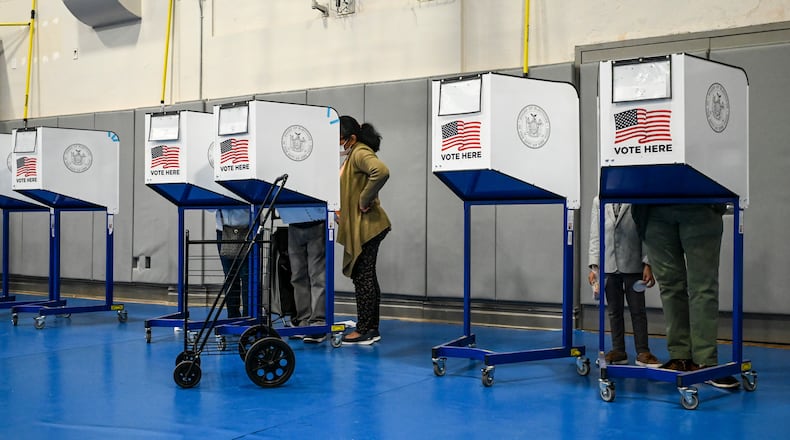One of the strongest ways that citizens can communicate collectively to their local government is through elections. We may not have the luxury of weekly opinion polls to tell us what voters think about the latest road project or budget decision, but we do get a survey of the priorities of our constituents revealed in the policies of the winning candidate. A ranked vote can offer an even richer dataset, showing the preferences of the voters all the way down the line.
Ranked choice voting is not without its detractors, and the two of us each have our own thoughts. Some argue that a ranked choice methodology is overly complicated. We concede that the process can be difficult to articulate in a crisp sound bite. It can take time to fully understand the process, and that is okay. Ease of consumption is not a measure of its value.
In our roles on city council, we too are tasked with making decisions on issues that can be complex and nuanced. We may not all agree with the final result, but we have come to value the process of deliberation. We believe that it is the conversation that matters. When we each come to the table in good faith and listen as much as we speak, we can produce better outcomes and emerge wiser for the experience.
It remains to be seen whether the Riverside community will ultimately support a charter amendment to adopt ranked choice voting. In the meantime, we will continue to engage this topic and others in good faith with our constituents and with each other.
Oftentimes it can feel like our communities are too polarized to engage in meaningful conversations, especially during a presidential election year when national politics takes center stage. Yet having those meaningful conversations is more important than ever. The process of building a strong and healthy city relies on all of us showing up, engaging with each other, and engaging with the task of creating the community we want. We believe in that process, and we believe that no matter the policy outcome, we are all better off for having decided it together. For us, it’s the conversation that really “counts.”
Brenda Fry is member of the Riverside City Council and a software developer with Vana Solutions. She is a registered Democrat.
Pete Williams is the Mayor of Riverside, Ohio and Director of Advancement at Archbishop Carroll High School. He is a registered Republican.


